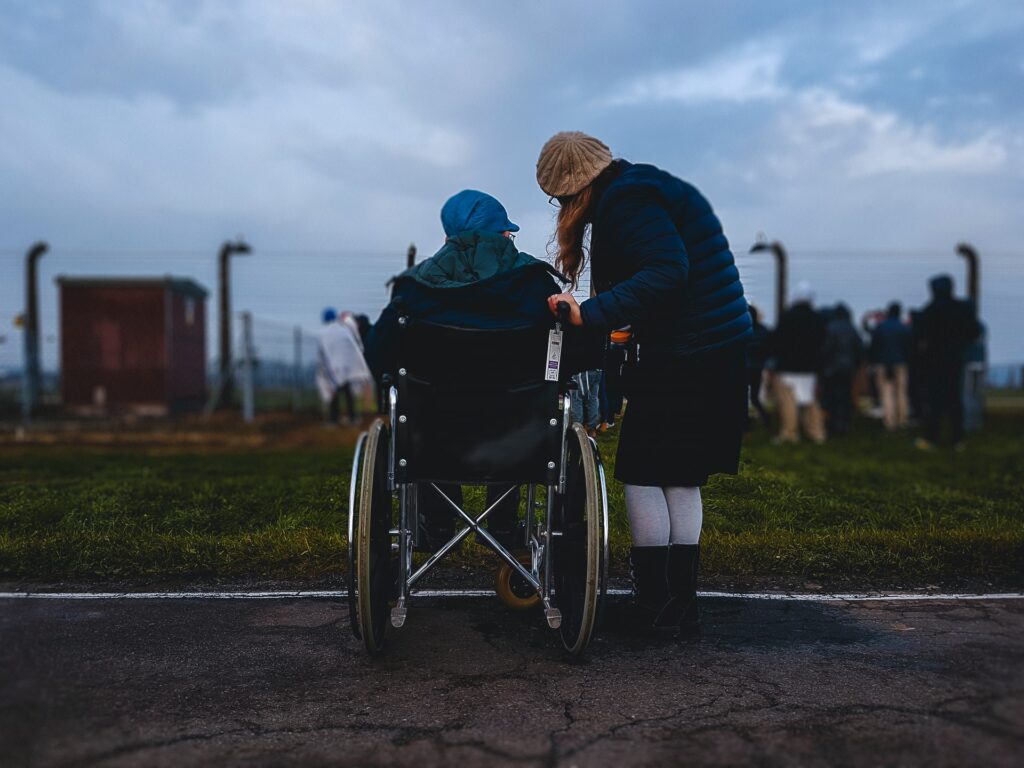It’s quite difficult to plan out the therapy and adjustments for post-amputation patients. Losing a limb and the heavy trauma associated with it are never easy. Hopefully, rehabilitation will help them adjust after dealing with this major change.
Home health services can assist and help patients adjust. They can provide the proper support and encouragement. We’ll discuss more details in this short discussion regarding the care of post-amputation patients.
Adjustment Period and Support
Amputees need therapy and postoperative care, along with some form of emotional support. They need help to get through this painful but temporary phase. While they certainly have to make adjustments in their lifestyle, amputation is not impossible to live with.
Home Health care can provide healing and therapy that is sensitive to the patient’s state. During this period, therapy will help them regain movement and help them adjust physically and emotionally to major life changes.
There are different methods for aiding in the therapy and recovery of post-amputation patients. For example, amputees who have lost a leg will receive movement development to adjust their method of walking to move in accordance with the changes to their body.
Care and Patient Support
Amputees will be able to adjust faster through regular strength therapy. They will need to adjust to life without their limbs, which can be a difficult process. Professional help is crucial during this time so the patient can recover properly.
Home health care agencies provide custom care with restorative therapy and equipment. These tools can guide patients to develop strengths and practice their adjustments. They can also receive health assistance in total privacy and convenience at home with expert assistance.
Crutches, support straps, and physical therapy parallel bars all help support calculated walking therapies. Post-operation patients have to develop a more comfortable and adjusted way of walking or moving using them. Also, therapists add occupational therapy if the patient intends to work after recovery. It will help them adapt back to work with their new changes.
The Recovery Period
Therapy and recovery periods do not have a set duration. It all depends on the patient’s pace. It cannot be forced at any point in the therapy. The goal is to recover and help them adjust.
However, they may need additional therapy even past their recovery phase. Amputees need to adjust to life with artificial limbs or crutches before they go back to their lives.
One of their options to improve their life is by getting prosthetic limbs to restore some functions.
The good news is that there are many types of prostheses available. Some more advanced prosthetic limbs can even restore some functionality to a person who has lost some limbs.
Final Notes
Having a limb amputated after a serious accident or illness is a major life change. These patients need a greater level of support and understanding—in addition to therapy and rehabilitation. It is also likely that they need to change a few things about their lifestyle. They can only do all this with the support and encouragement of their loved ones.
Bridge Home Health & Hospice understands the level of work needed for patients recovering from an amputation. We offer expert home health care at home that can help them with custom therapy and health assistance. Get in touch with us right away.

